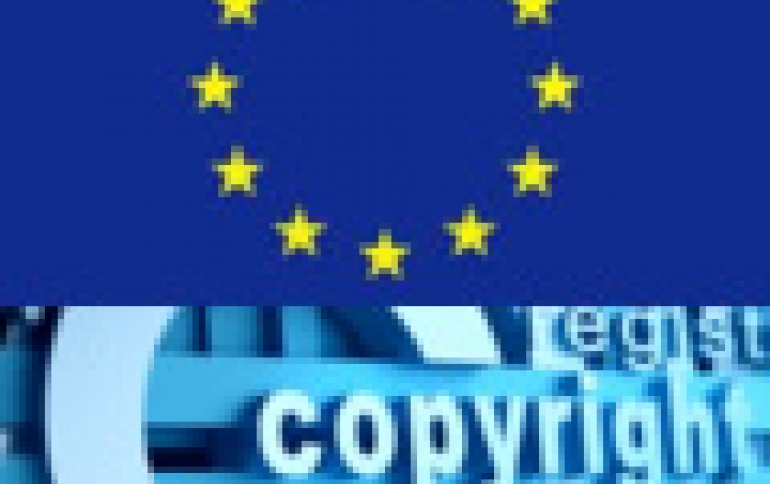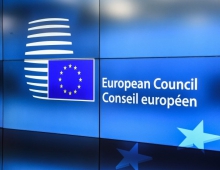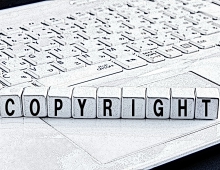
New European Rules Could Make Google, Facebook and Others Responsible For Copyrighted Content On their Services
Europe is proposing new rules that are force web services to actively prevent copyrighted content from appearing on their sites and apps.
Currently, when users upload content to social networks, video websites and other digital platforms, the companies running those services aren't responsible for checking if the material violates copyright.
New European Union rules (Article 13), set for a vote on Wednesday, could upend this. Internet platforms hosting large amounts of user-uploaded content must monitor user behavior and filter their contributions to identify and prevent copyright infringement. The regulation would also grant publishers new legal rights to seek compensation for snippets of articles that Google and other news aggregators post online.
The European Parliament's Committee on Legal Affairs (JURI) will be voting on June 20th on whether to proceed with the bill. If the committee agrees to proceed, it will then go out for a vote in a plenary session. If that happens, the plenary is likely to pass the bill.
With the new rules, the European Commission mainly wants to strengthen the music industry in negotiations with YouTube. The industry believes that the revenue Google shares with them from running ads on videos containing their content amounts to too little compared to payments from subscription services like Spotify, calling this the "Value Gap" or "Transfer of Value".
Oposers have criticized the proposals, cliaming that requiring Internet platforms to
perform automatic filtering all of the content that their users upload could
transformat the Internet from an open platform for sharing and innovation, into a tool for the automated surveillance and control of its users.
They also say that n particular, far from only affecting large American Internet platforms (who can well afford the costs of compliance), the burden of Article 13 will fall most heavily on their competitors, including European startups and SMEs. The cost of putting in place the necessary automatic filtering technologies will be expensive and burdensome, and yet those technologies have still not developed to a point where their reliability can be guaranteed.
The impact of Article 13 would also fall heavily on ordinary users of Internet platforms - not only those who upload music or video (frequently in reliance upon copyright limitations and exceptions, that Article 13 ignores), but even those who contribute photos, text, or computer code to open collaboration platforms such as Wikipedia and GitHub.





















